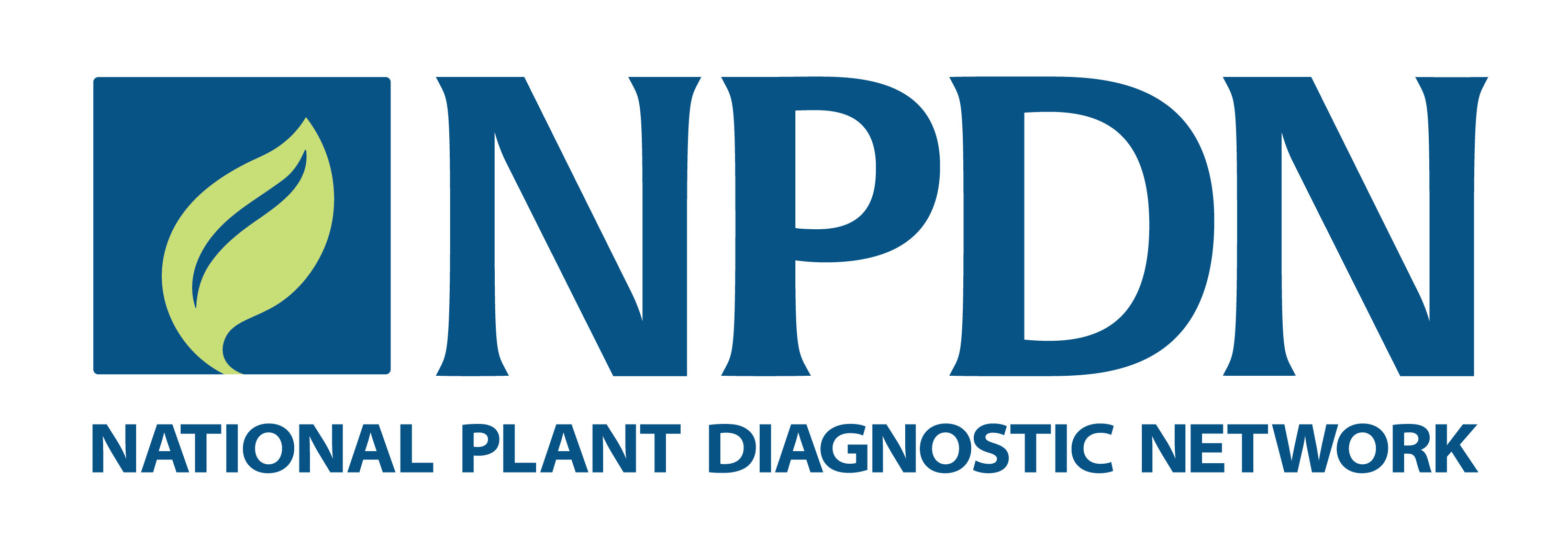USAJOBS Job Announcement - Molecular Biologist
We have 2 Molecular Biologist (Virologist-Plant Pathologist) positions opened in our lab at GS12 with promotional potential GS13. Please, forward to scientists that might be interested. The posting closes on Thu, Oct 3rd but if the cap of 100 applicants is not reached will remain opened until 100 applications are received.
Read more about Molecular Biologist at https://www.usajobs.gov/GetJob/ViewDetails/810274900
Thank you!
Vessela Mavrodieva, PhD
Assistant Laboratory Director
Plant Pathogen Confirmatory Diagnostics Laboratory (PPCDL)

